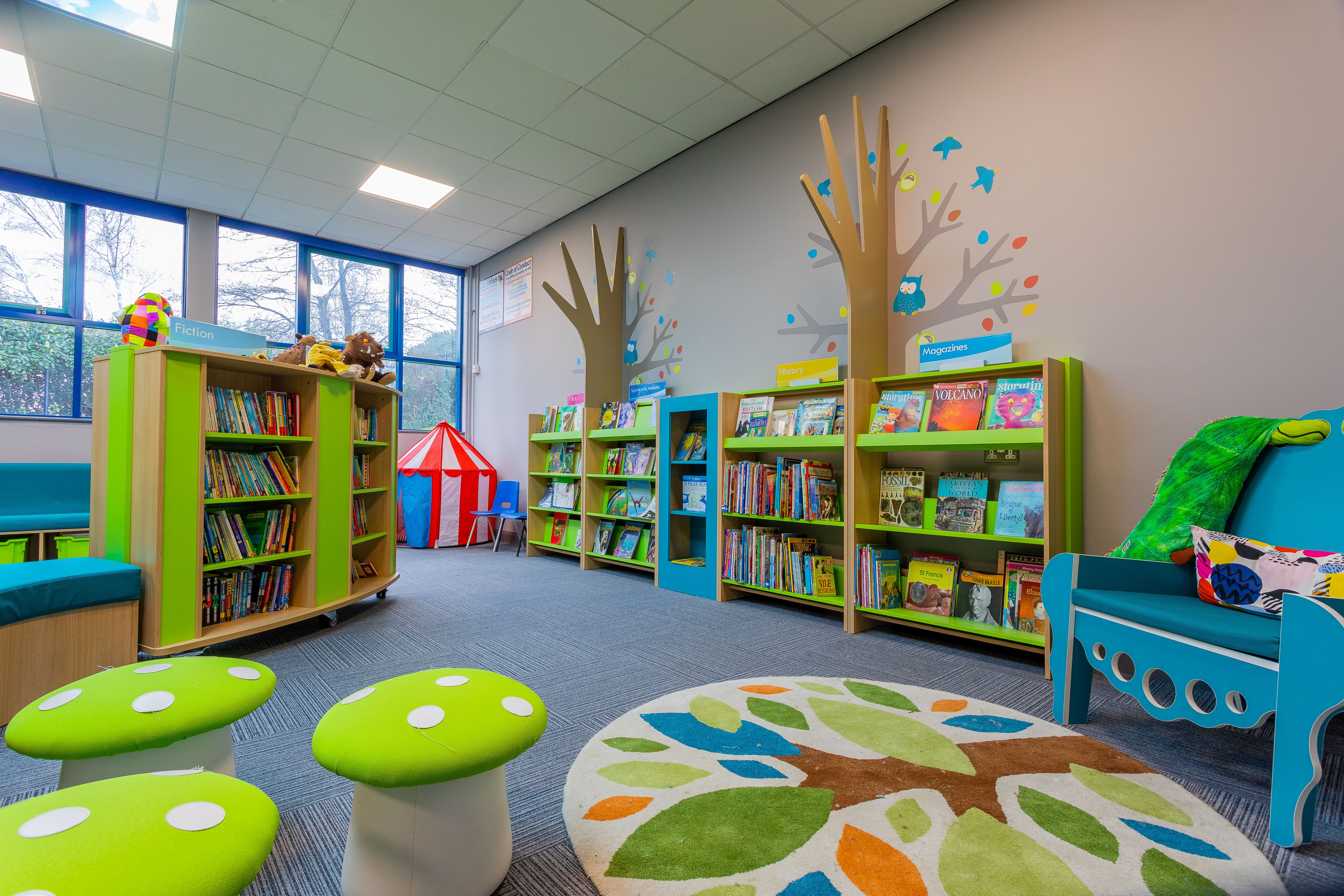
At Birley Primary Academy, French is our chosen Modern Foreign Language. This comes out of our belief that all pupils have the right to a rich and deep learning experience that includes the learning of the basics of an additional language.
The study of languages prepares pupils to participate in a rapidly changing world in which work and other activities are increasingly carried out in languages other than English. We believe that learning a second language will also offer pupils the opportunity to explore relationships between language and identity, develop a deeper understanding of other cultures and the world around them with a better awareness of self, others and cultural differences.
In addition to this, understanding a modern foreign language increases a child’s understanding of their own language and the building blocks which form this whilst also reinforcing fluency and an understanding of grammar, syntax, sentence structure and verbal precision. Increased capability in the use of languages can also promote initiative and independent learning and encourage diversity within society – one of our key curriculum drivers.
Learning a foreign language is liberation from insularity and provides an opening to other cultures. A high quality languages education should foster pupils curiosity and deepen their understanding of the world. The teaching should enable pupils to express their ideas and thoughts in another language and to understand and respond to its speakers, both in speech and in writing. It should also provide opportunities for them to communicate for practical purposes, learn new ways of thinking and read great literature in the original language. Language teaching should provide the foundation for learning further languages, equipping pupils to study and work in other countries if desired.
The National Curriculum for Modern Foreign Languages aims to ensure that all pupils:
Details about how Birley Primary Academy deliver our MFL curriculum can be found in the information below:
Our French curriculum will ensure all pupils develop key language learning skills, as set out by the national curriculum, as well as a love of languages and an appreciation for other cultures. By the time they leave Birley Primary Academy, pupils will have acquired basic skills in the 4 key strands of language learning – speaking listening reading and writing and will have acquired a solid foundation upon which to pursue further language study.
At Birley Primary Academy, we monitor and measure the impact of our curriculum through learning walks, book scrutiny, pupil voice and formative and summative assessment. The impact of the curriculum will be judged by how well the pupils can remember, understand and apply the core knowledge they have learned. Teachers will have a clear overview of what they are working towards and if children are meeting the criteria. The opportunity to assess pupils’ learning and progression in the key language skills (speaking, listening, reading and writing) and against the 12 DfE Languages Programme of Study for Key Stage 2 attainment targets is provided at the end of each 6-week teaching unit. Children are expected to make good or better than good progress in their foreign language learning and their individual progress is tracked and reported to pupils and parents or carers in line with school recommendations. On an academy level, all summative assessment grades are inputted termly on the academy’s tracking system, DC Pro.
We endeavour to ensure that the sequence of content enables our children to progress whilst they are with us whilst also providing our pupils with the necessary foundations to build upon as they progress into secondary education and beyond. Underlying all of this is our emphasis on developing the ‘Birley Values’ which provides the underlying principles of what is required to succeed with your own learning. Learning a Modern Foreign Language also supports an understanding of living in a multi-cultural society, provides an opening to other cultures and fosters curiosity about the wider world which will serve them well for their next stage of education and beyond.
Through our MFL curriculum, we ensure that our children are well-equipped for life in modern Britain. Through purposeful subject linkage, such as embracing the language and cultures from different countries, we aim for our pupils to develop an excellent understanding of democracy, the rule of law, responsibility and liberty, mutual respect and tolerance of those of different faiths and beliefs.
Further to this, our MFL curriculum is also driven by SMSC development and this can be exemplified in the following ways;